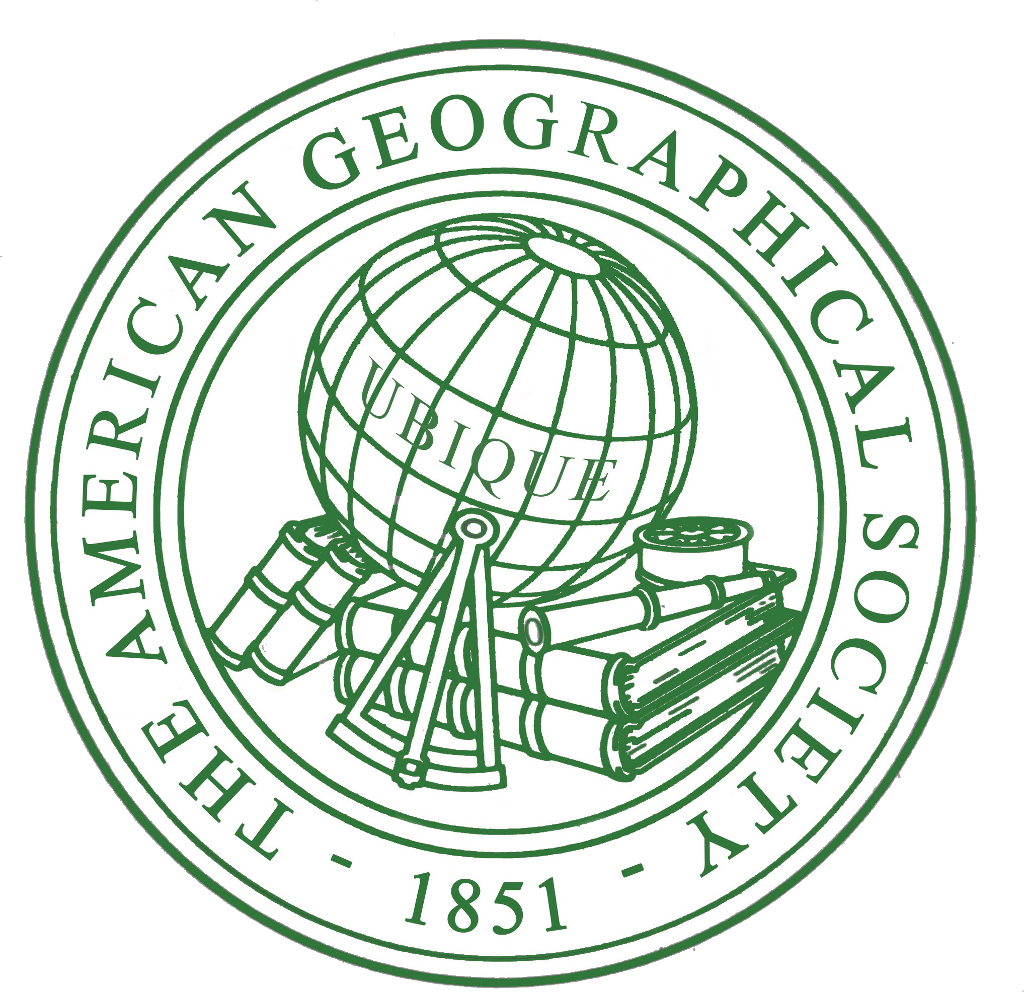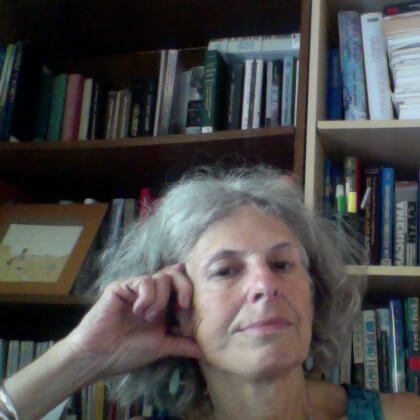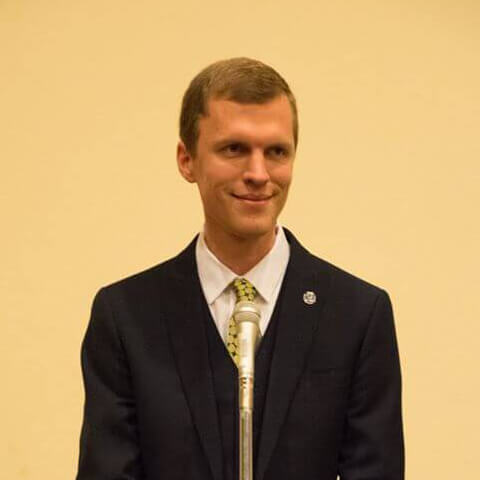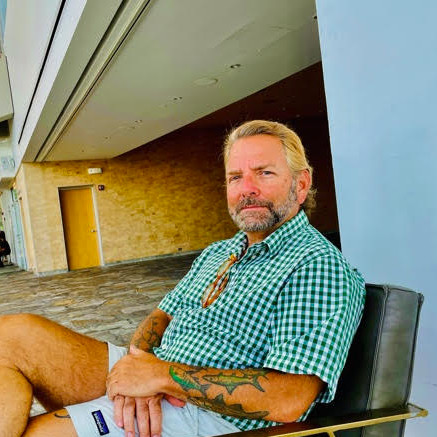
FOCUS on Geography continues in the tradition of the original paper magazine but in a more dynamic and interactive format. This is a peer-reviewed digital publication that will publish contributions as they are ready beginning with the first articles of Volume 59 (2016). Each feature article and photo essay will be issued a Digital Object Identifier (DOI), and all elements of the new journal will be archived. In addition, all elements of digital FOCUS on Geography will initially be Open Access. We believe this format will better serve the needs of our affiliates, subscribers, and the geographically passionate public.
The editors of FOCUS on Geography are Deborah Popper of College of Staten Island/CUNY, Wesley Reisser of the George Washington University and Michael Steinberg of the University of Alabama. For now, the journal will have three distinct features: feature articles, photo essays, and geo-quizzes. For all issues pertaining to the publication of FOCUS on Geography the editors can be contacted at focus@americangeo.org. Detailed submission guidelines are available here.
Digital FOCUS on Geography is open to article ideas and manuscripts from geographers and those who write geographically. Articles must be excellent in quality, richly illustrated, and written for an informed general audience interested in geographic research and exploration. FOCUS on Geography provides a space for geographers to showcase their work in a multi-media and interactive format. Unsolicited submissions are welcome for photo essays and feature articles. Review will be by the editorial board with decisions rendered within four to six weeks from the time of submission.
These should consist of approximately 2,500-4,000 words with accompanying visuals consisting of at least one map and four-five photos. Additional graphs/charts, and dynamic content such as animations or short video clips can be included. Feature articles can be about a geographic perspective on current events, or can be based on geographic research that is oriented to a broader audience than academics and written with little to no jargon. Feature Articles should contain cited references but should avoid footnotes and endnotes. Standards for style, formatting and citations should be the same as the Geographical Review.
These should be visually rich with approximately 15-25 images and an accompanying text that should consist of an introductory and concluding paragraph and captions only (no other narrative). Video clips may be included as well. Photo Essays should be oriented around fieldwork or a geographic topic of broad interest. Citations are discouraged, but if used these should conform to the Geographical Review guidelines. Clear location (preferably latitude and longitude, but named places with associated city, state, and country info. are also acceptable) needs to be provided for each photo. If people are identifiable in photos, please indicate in your cover letter that you have made every effort possible to receive permission to use their likeness.
Although FOCUS will produce the GeoQuiz in-house, we welcome suggestions of themes for future consideration.

Deborah Popper is professor emerita of geography at College of Staten Island/CUNY and visiting professor at Princeton University’s program in environmental studies. She studied History at Bryn Mawr College. A decade later she discovered the rich field of geography and got a Masters and PhD from Rutgers University. Her work, often done with her husband Frank Popper of Rutgers University, has sought to imagine alternative futures for areas undergoing substantial population loss. She has explored possibilities for shrinking cities as well as for rural areas. For the American Great Plains the Poppers developed the concept of the Buffalo Commons, which set ecological-restoration as the main driver of new development. The AGS awarded them the Paul A. Vouras Medal for work on regional geography in 1997.

Wesley Reisser is a member of the National Council of the American Geographical Society and an adjunct professor of Geography at the George Washington University where he teaches courses on political geography and energy resources. Dr. Reisser is also a Senior Foreign Affairs Officer at the U.S. Department of State, where he has worked on a variety of issues including work on the Middle East, Europe, and LGBTI rights. Dr. Reisser holds a Bachelor’s Degree, Summa Cum Laude and Phi Beta Kappa, in International Affairs and History from the George Washington University, and a Master’s Degree in Geography from the same institution. In 2010, he completed a Ph.D. in Geography from UCLA with a dissertation on American border proposals and peacemaking efforts following World War I. His first book, “The Black Book: Woodrow Wilson’s Secret Plan for Peace” was published in April, 2012. His second book, “Energy Resources: From Science to Society” is scheduled for release in late 2016. Dr. Reisser has recieved numerous awards for his scholarly and diplomatic work including the Walter Ristow Prize for History of Cartography and the UN Association's Tex Harris Human Rights Diplomacy Award. Dr. Reisser was the 2007 National Geography Bowl MVP and continues to work with the AAG Geography Bowl Committee. (Note: Dr. Reisser serves with FOCUS in his personal capacity. None of his work should be construed as the position of the United States Government.)

Michael Steinberg is a professor in the New College and Geography at the University of Alabama. His research is focused on the human-dimensions of environmental conservation and conservation mapping in the tropics and subtopics. He is the author of Stalking the Ghost Bird: The Elusive Ivory-billed Woodpecker in Louisiana, 2008 LSU Press, and Dangerous Harvest: Drug Plants and the Transformation of Indigenous Landscapes, Oxford University Press 2004. His work has also been published in journals such as the Geographical Review, The Professional Geographer, Conservation Biology, Conservation and Society, Mississippi Quarterly, FOCUS on Geography, and the Bonefish and Tarpon Journal.
Have Questions? Interested in Submitting?
Use the associated contact form to send the editors an e-mail, or e-mail us at focus@americangeo.org